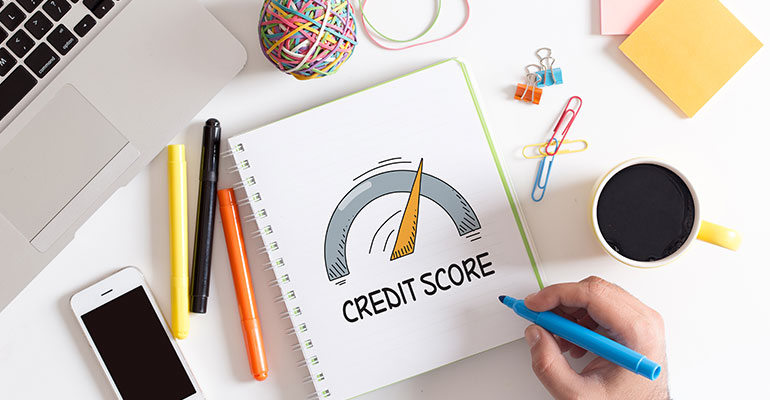
A creditor may legally take money from a debtor’s salary or wages through a process known as wage garnishment. Creditors frequently use it as a tool to collect unpaid debts. When a person’s wages are being garnished, their employer withholds a portion of their pay and sends it straight to the creditor until the debt is settled. However, many people wonder if wage garnishment affects their credit scores. In this post, we will explore this topic and answer the question: Does wage garnishment affect your credit score?
Wage Garnishment Is Not Reported to Credit Bureaus
One of the most important things to understand about wage garnishment is that it is not reported to credit bureaus. This means that wage garnishment will not directly impact your credit score. Credit bureaus collect information from various sources to determine an individual’s credit score. Wage garnishment, however, is not one of the variables taken into account by credit bureaus when determining credit scores.
Debt That Leads to Wage Garnishment Can Affect Your Credit Score
While wage garnishment itself does not impact your credit score, the debt that leads to wage garnishment can have an impact. If you have a debt that is in collections and you are unable to pay it off, the creditor may seek wage garnishment as a means of collecting the debt. This can lead to a negative impact on your credit score. When a debt goes to collections, it will be reported to the credit bureaus, and it will appear on your credit report as a negative mark. This negative mark can lower your credit score and make it harder for you to obtain credit in the future.
Late Payments Can Lower Your Credit Score
Another factor that can impact your credit score is late payments. If you have a debt that is in collections, it is likely that you have missed payments in the past. Late payments can have a significant impact on your credit score, and they can stay on your credit report for up to seven years. This means that even if you pay off the debt that led to wage garnishment, the late payments associated with the debt will still appear on your credit report and impact your credit score.
Wage Garnishment Can Affect Your Ability to Obtain Credit
While wage garnishment itself is not reported to credit bureaus, it can still impact your ability to obtain credit. If you have a wage garnishment on your record, potential lenders may see this as a red flag. They may view wage garnishment as a sign that you are not financially responsible and may be more likely to default on a loan. This can make it more difficult for you to obtain credit in the future, even after the debt has been paid off.
Paying Off the Debt Can Improve Your Credit Score
If you have a debt that has led to wage garnishment, paying off the debt can have a positive impact on your credit score. While the late payments associated with the debt will still appear on your credit report, paying off the debt shows that you are taking responsibility for your financial obligations. This can help improve your credit score over time. Moreover, paying off the debt can also help reduce the amount of interest and fees that accumulate over time, which can save you money in the long run. It can also help you regain control of your finances and reduce the stress associated with debt. By making a plan to pay off your debts, you can take an important step towards achieving financial stability and a good credit score.
Negotiating a Payment Plan Can Help Avoid Wage Garnishment
If you are struggling to pay off debt and are concerned about wage garnishment, it may be possible to negotiate a payment plan with your creditor. Many creditors are willing to work with individuals to create a payment plan that is manageable for their financial situation. You can avoid wage garnishment and the resulting damage to your credit score by negotiating a payment schedule.
While wage garnishment itself does not directly impact your credit score, the debt that leads to wage garnishment can have a negative impact. Late payments associated with the debt can lower your credit score, and wage garnishment can make it more difficult for you to obtain credit in the future.
However, paying off the debt and negotiating a payment plan with your creditor can help improve your credit score and prevent wage garnishment. It is important to stay on top of your financial obligations with help from tax resolution/consultation services and communicate with your creditors to avoid situations that may lead to wage garnishment. By taking proactive steps to manage your debts, you can protect your credit score and financial future.
